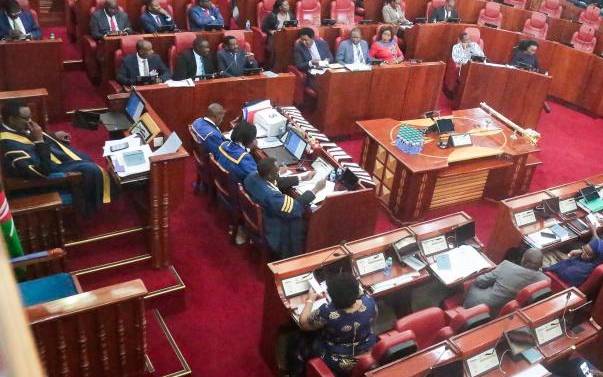
A good lawyer, in addition to a doctor and an accountant, are said to be important to any successful person. President Uhuru Kenyatta’s legal advisers, Attorney General Kihara Kariuki and Solicitor General Kennedy Ogeto may go down in history as the reason for the President’s failure to adhere to the law and fidelity to the Constitution.
How else can one explain the duo’s counsel to the President that the advice by the Chief Justice on the dissolution of Parliament entitles the President to another five years in office? Can the President refuse to dissolve Parliament on the order of the court, advice of the CJ and go to the same court to legitimise the refusal?